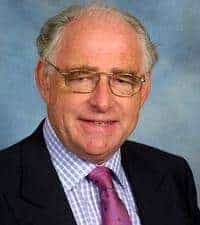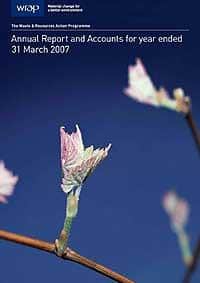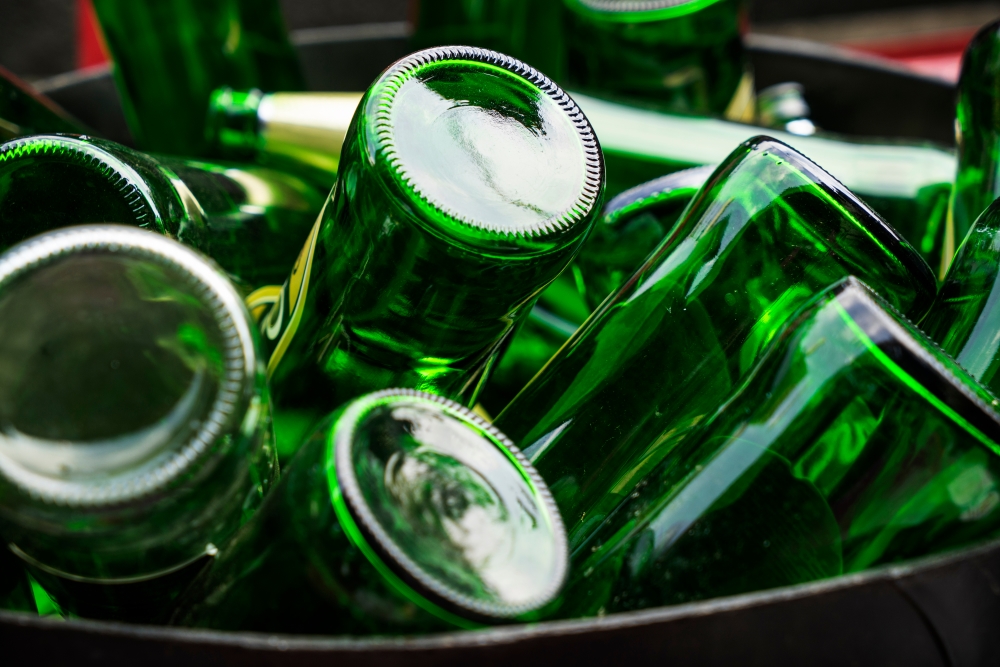
Our conclusion on fortnightly collections is that if they are introduced there should ideally be a weekly collection of food waste accompanied by alternate weekly general refuse collections
Vic Cocker, WRAP
As well as setting out the organisation's stance on fortnightly schemes, the document summarises what WRAP (the Waste & Resources Action Programme) considers its main achievements for the year ending March 31, 2007, and also details its income and expenditure.
Chairman Vic Cocker said in his opening statement, that while “public awareness and participation is at an all time high,” schemes designed to boost recycling such as alternate weekly collections of residual waste have “sparked controversy”.
He advised local authorities that communication with householders was a key factor before rolling out such collection schemes and added: “Our conclusion on fortnightly collections is that if they are introduced there should ideally be a weekly collection of food waste accompanied by alternate weekly general refuse collections.”
Achievements
WRAP counts its closed loop plastic milk bottle recycling project among its key achievements for 2006/07. More than 60,000 four pint bottles made from a 30% recycled content – taken from waste plastic milk bottles – were trialled on the shelves of supermarket giant Marks and Spencer (see letsrecycle.com story).
However, WRAP added that it was still working with reprocessors and retailers to “take this work to full commercialisation”.
WRAP also provided cash to build new wood reprocessing facilities with a combined capacity of 40,000 tonnes of material per annum (see letsrecycle.com story). The new facilities will manufacture products for landscapers and animal bedding markets.
End markets were also found for an extra 108,000 tonnes of recycled paper through WRAP's Recycled Paper Advocacy Team.
Protocols
Among other successes highlighted in the report were in the organics sector. The report described how in 2006/07 WRAP started work with the Environment Agency to deliver a series of quality protocols, funded by Defra's Business Resource Efficiency and Waste (BREW) programme.
The organisation sees this as a ground-breaking project, the outcome of which will be a series of quality protocols defining when certain materials cease to be a waste and are instead classed as a product.
The document says: “The first output, a quality compost protocol, developed with the Organics Team, was launched to an enthusiastic industry response. The result of this work will mean that compost that meets the requirements of the quality protocol will be classed as a ‘fully recovered material' and the use regulations for ‘waste' will no longer apply.”
The organisation's waste minimisation team helped local authorities distribute 1.3 million home composting bins to householders. The report stopped short of expressing disappointment that home composting had not been factored into local recycling targets.
But it added: “WRAP is confident that, on the basis of its research, Defra and the devolved administrations in Scotland and Wales will consult further on factoring-in, the
contribution home composting makes to landfill diversion.”
One the financial and company news side, the annual report revealed that the Office of National Statistics had confirmed WRAP's classification as a private sector company or organisation.
It also had two directors who held senior positions in other companies in 2006/07 with which WRAP carried out transactions. George Fleming was a director for consultancy firm EnviroCentre Limited and Nick Francis was a director for recycling firm ECT Recycling.
Finances
Under the heading “related party transactions” the accounts note that “The company paid for services in the normal course of business with companies and organisations of which directors of
WRAP were also directors”, sums of £168,000 to Envirocentre and £74,000 to ECT Recycling.
The organisation's restated income for the year was £82.2 million. It is thought to have been restated so it can show income generated from some its activities. WRAP with associated funds had has £11.7 million in its bank account at the year end.











Subscribe for free